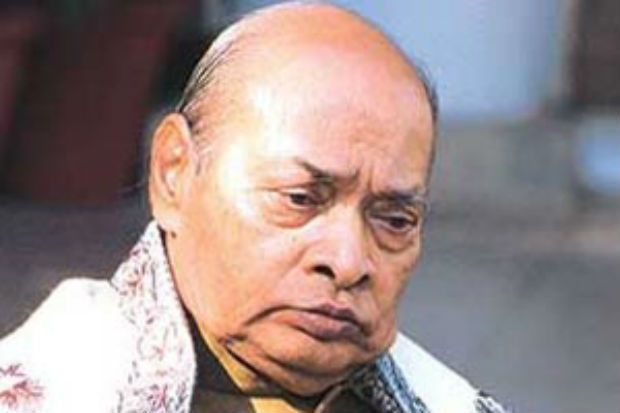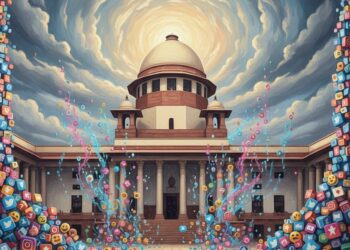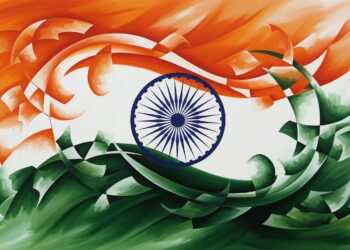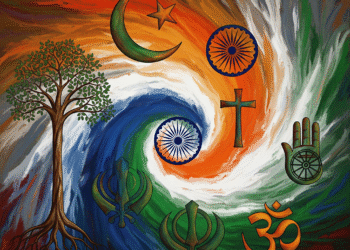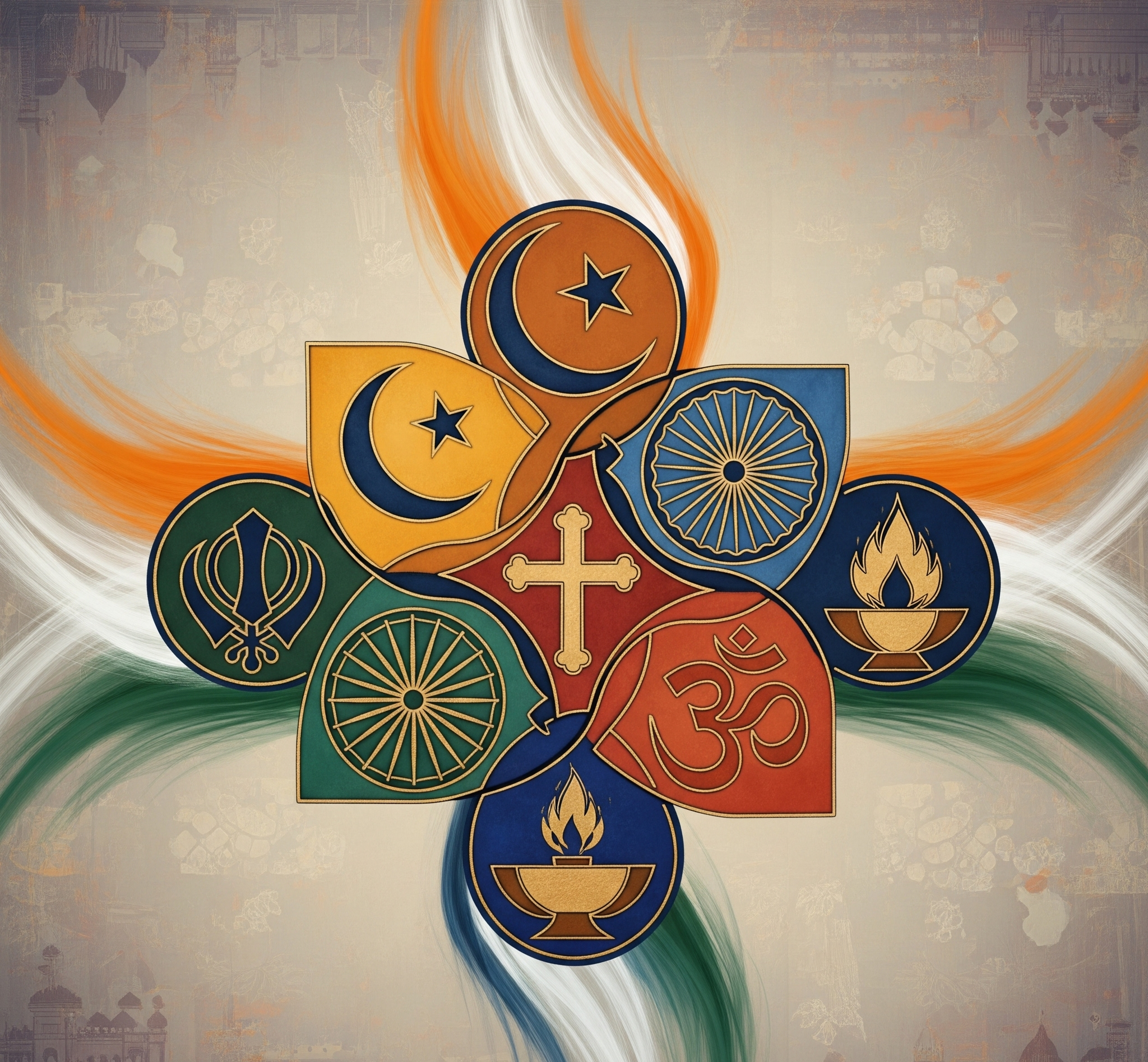Narsimha Rao’s darkest hour came when he found himself accused of corrupt and unethical practices on more than one occasion. The nightmare began in 1996 when Rao’s term in office came to an end, and investigations were initiated primarily against him along with Buta Singh and nine others on the charges that he had offered huge amounts of money to the members of the Jharkhand Mukti Morcha (JMM), and to some of those parliamentarians who had broken away from Janta Dal to vote in favour of his government in face of the No-Confidence Motion brought against his government in July 1993. And a special CBI court found both Rao and Buta Singh guilty on September 29, 2000. The rest of the accused including former Haryana Chief Minister Bhajan Lal, were acquitted for want of adequate evidence. Rao thus became the first former Prime Minister of India to be convicted in a criminal case. However, the Delhi High Court overturned the conviction in 2002 on grounds of the unreliability of the main witness, Shailendra Mahato, as his statements did not square with the facts established through independent sources.
That was not the end of Rao’s troubles. In July 1996 itself CBI recommended the prosecution of Rao in another case that is generally referred to as ‘St. Kitts case’. The history of the case dates back to 1989 when on August 20, 1989 the Kuwait-based Arab Times ran a story naming the Janata Dal leader V P Singh as the main beneficiary of a secret bank account that had as much as USD 21 million in Carribean Island St Kitts. The story was taken up by the Indian media, and a month later, A P Nandey, Deputy Director in the Enforcement Directorate (ED), was appointed to probe the charges on September 26, 1989. The Lok Sabha elections in November 1989 resulted in the defeat of Congress and V.P. Singh became the Prime Minister of India in December 1989.
The V.P. Singh government did not survive for long and fell on November 10, 1990, and Narsimha Rao took over as Prime Minister on June 21, 1991. There was no progress in the St. Kitts case until February 10, 1996, when People’s Union of Civil Liberties moved the Supreme Court seeking disclosure of CBI’s findings. While CBI had registered an FIR as early as May 25, 1990 against ED Director K L Verma, Chandraswami, his aide K N Agarwal alias Mamaji, the First Trust Corporation Ltd, St Kitts, Managing Director George McLean and others, there had been no progress since.
 On February 13, 1996, the Supreme Court ordered that the charges against Chandraswami in various petitions and allegations of Narasimha Rao’s involvement in the case be combined. On March 25, 1996, CBI filed an affidavit before the Supreme Court showing limited role of Rao in the case. However, on July 26, 1996, the Supreme Court directed the CBI to not close probe against Rao without its permission. In the meanwhile, on May 16, 1996, Rao’s tenure as Prime Minister came to an end. In July 1996 itself, CBI recommended Rao’s prosecution.
On February 13, 1996, the Supreme Court ordered that the charges against Chandraswami in various petitions and allegations of Narasimha Rao’s involvement in the case be combined. On March 25, 1996, CBI filed an affidavit before the Supreme Court showing limited role of Rao in the case. However, on July 26, 1996, the Supreme Court directed the CBI to not close probe against Rao without its permission. In the meanwhile, on May 16, 1996, Rao’s tenure as Prime Minister came to an end. In July 1996 itself, CBI recommended Rao’s prosecution.
On September 26, 1996, CBI filed a chargesheet against Rao, Chandraswami, Mamaji and former External Affairs Minister K K Tewari for criminal conspiracy to soil V P Singh’s reputation, and on October 4, 1996 Rao had a Non-Bailable Warrant (NBW) issued against him by Chief Metropolitan Magistrate (CMM) Prem Kumar, but Rao managed to obtain anticipatory bail from Delhi High Court the same evening. However, Rao was arrested on October 9, 1996 by the CBI, but was released on bail. After the CMM rejected Rao’s bail on November 4, 1996 and directed him to surrender by November 14, 1996, Rao approached Delhi High Court again on November 8, 1996, and obtained interim bail. Finally, on June 4, 1997, Special Judge Ajit Bharihoke let Rao off the hook and discharged him for lack of sufficient evidence. A Special Leave Petition (SLP) filed by the CBI against Rao’s discharge was rejected by the Supreme Court on December 6, 2000. And that was the end of St. Kitts casefor Rao.
Again, it was not the end yet. Rao had been handed down a clean chit in the St. Kittscaseand also in the JMM Bribery case, but the Lakhubhai Pathak Cheating case was still on. The case pertained to an offence allegedly committed in 1983. One Lakhubhai Pathak, a London-based Non-Resident Indian (NRI), filed a complaint with the CBI on September 25, 1987, that he had been cheated of $100,000 by Mr. Rao, Chandraswami and K.N. Agarwal (also called ‘Mamaji’) in December 1983. The trio had allegedly promised Mr. Pathak that they would get him a paper pulp supply contract in India, and for that purpose the money was taken.
According to the chargesheet filed by the CBI in the case in April 1996, Pathak had given to W.E. Miller, a Canadian national and one of the prosecution witnesses in the case, two cheques totalling $100,000 to be given to Chandraswami in 1983. This was done after Pathak had met Rao – who was the Minister of External Affairs then – in New York and had allegedly discussed the contract in question with him. However, the CBI had not named Rao in its chargesheet then. It was only after Pathak had named Rao as an accused during the recording of his testimony in the court of CBI Special Judge, Prem Kumar, in July 1996 that Rao’s name was added in the list of the accused.
On December 23, 2003, all accused in the case were acquitted with the Special Judge, Dinesh Dayal, saying, “I find that Lakhubhai Pathak’s evidence is not reliable and it has not been corroborated. His evidence has been constantly changing and there have been contradictions on vital aspects of the case. The inordinate delay in filing the case has not been explained by the prosecution.” (Source: The Hindu, December 23, 2003). And with this verdict Rao was obtained acquittal in all cases of corruption filed against him.
He breathed his last exactly a year later on December 23, 2004 (aged 83) in New Delhi and was cremated in Hyderabad.
Originally written for and published in LAWYERS UPDATE in two parts as a part of ‘THE LAW AND THE CELEBRITIES‘ series in January 2013.

